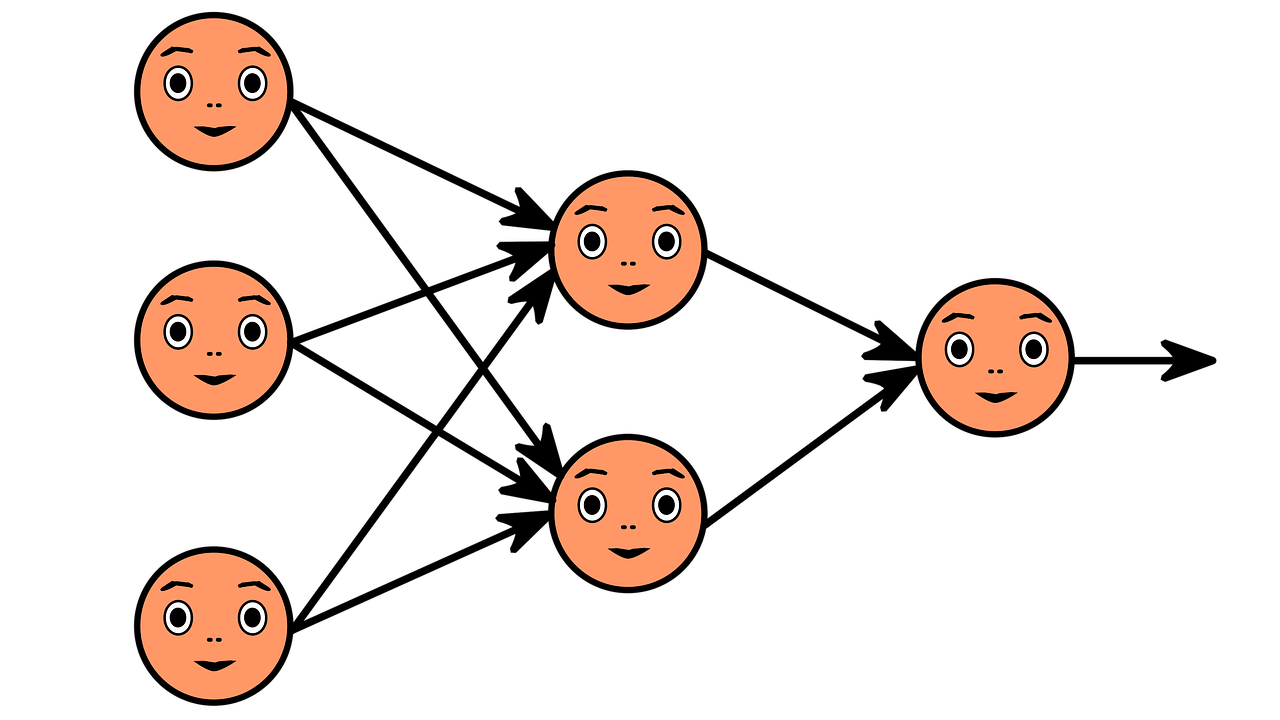Deep Learning?
- By Chris Hill
- •
- 31 Dec, 2018
- •
First Post

I have thoroughly enjoyed my work as an Electronic Design Engineer so far, but after nearly 25 years I do feel that I’m ready for a new challenge. I’ve given this a lot of thought recently and concluded that where I would really like to go next is into the field of Deep Learning. Deep Learning is one of three closely related subjects, the other two being Artificial Intelligence and Machine Learning. The relationship between these three is explained very well in this article.
This isn’t a random thought – rather it is a natural convergence of several factors:

It’s been quite a while since I wrote my first blog post. The reason for the delay has mainly been because I spent most of Christmas and New Year 2018 building this website and making it Search Engine Optimised (SEO).
Putting together a basic website is actually not too difficult these days – certainly much easier than when I last tried about 15 years ago. In those days you really did need to know your html. Nowadays there are numerous “drag and drop” – style website builder packages available which make the process no more difficult than putting together a set of PowerPoint slides. The package I’m using is Website Builder from 123-reg.co.uk , who are also my domain hosting company. There are lots of other packages also available, including the ubiquitous Wordpress.
I say “ no more difficult than putting together a set of PowerPoint slides ”, and to a certain extent that is true. But – and this is a big but – if you want your website to be easily findable via Google, as I do, then there’s a lot more “behind the scenes” stuff that you must put in place. This is the “SEO” that I mentioned at the top of the post.
The term Search Engine Optimised is pretty self-explanatory: if you want your website to be easily discovered and “indexed” by Google then there are certain things that need to be present in your site and certain things need to be formatted in certain ways. If those things are missing then it’s unlikely that your site will appear in Google’s listings at all. I found this out the hard way after building and publishing the first version of this site only to find that Google remained blissfully ignorant of its existence, even when I used obvious search terns such as “Chris Hill Electronics Design Engineer North West UK”. Not a sausage, and I gave up looking after I’d scrolled through the fifth page of search results returned by Google.
To really appreciate the importance of SEO, you need to understand how Google searches the web and catalogues the many millions of websites out there. I won’t bore you by attempting to describe that process, but you can read all about it at this link. There are many available resources that will help you make your site SEO. My favourite is Will Coombe ’s book “ 3 Months to No.1: The "No-Nonsense" SEO Playbook for Getting Your Website Found on Google ”. To make my site SEO I simply applied the advice in this book in a systematic way, although from the point of view of appearance you would hardly notice the difference between the SEO and non-SEO versions of the site. It’s mostly done behind the scenes you see.
Interesting… I started off this post thinking it would have nothing to do with Artificial Intelligence, but actually the main subject of this post – Google – has a huge amount to do with AI. Aside from running the world’s most popular search engine, Google are also in the forefront of AI/Deep Learning research. Much, much more on that here. If you followed the link describing how Google indexes the web, or already knew anyway, you’d know that Google make extensive use of artificially intelligent software “bots” to index or “crawl” the internet. When you apply good SEO practice you are just sprinkling your site with tasty bot-bait.
Anyway… enough about websites for now. In my next post I will try hard to start talking about the central subject of this blog: Deep Learning.
